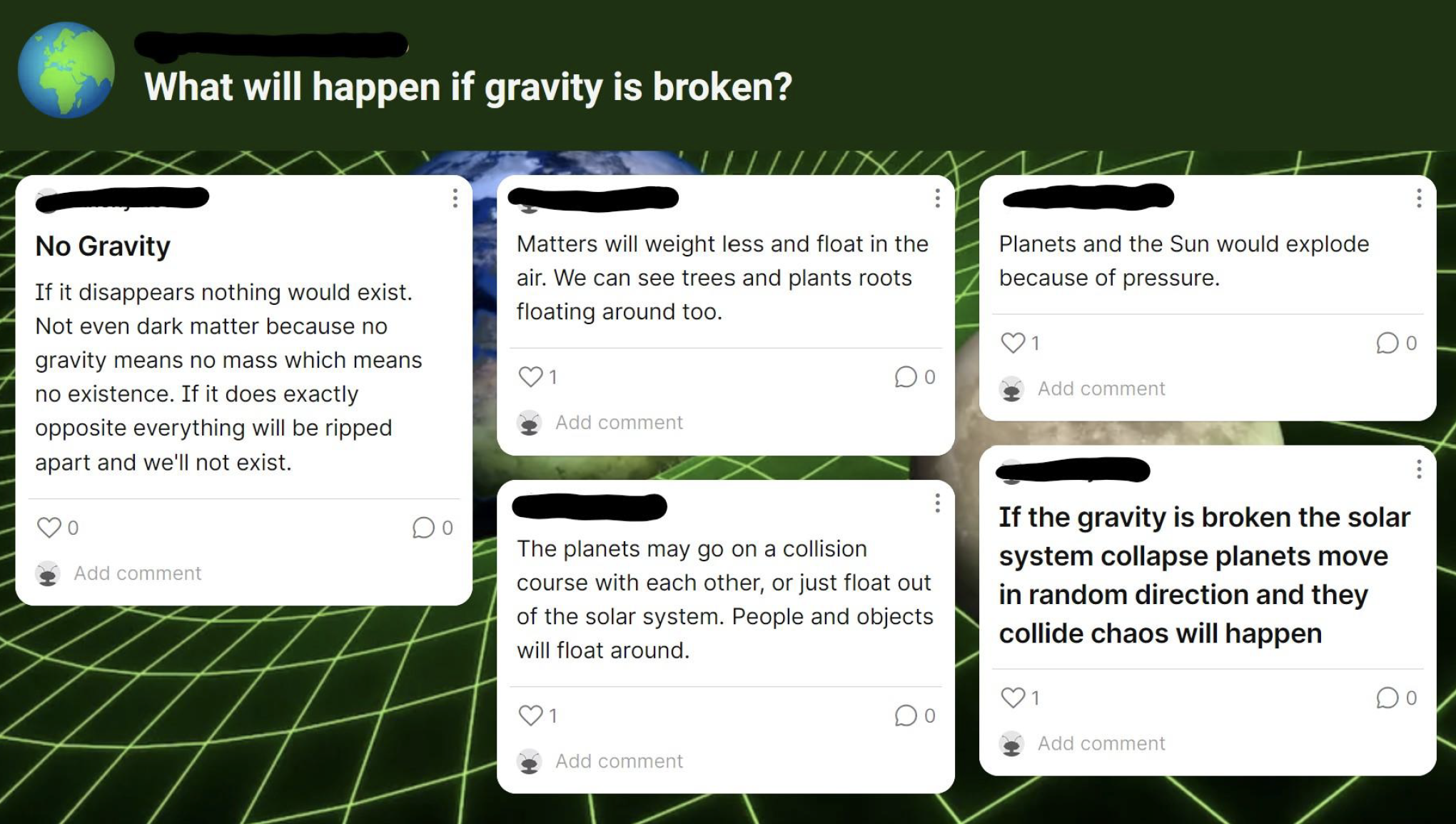10 October 2022
Youth astrobiology education continues at Blue Marble Space Institute of Science
Posted by Shane Hanlon
By Ryan Kirby
On July 16, 2003, the famed former President of South Africa and Nobel Peace Prize Laureate Nelson Mandela stood in front of a crowd in the midst of the founding of the Mindset Network and said “education is the most powerful weapon which we can use to change the world”. He saw the power of educating our youth to make them more readily equipped to spark change, as do many programs around the world today. This summer marked the second year of one of those programs, the Astrobiology Studies for Kids (ASK) program hosted by Blue Marble Space Institute of Science (BMSIS), which offered an opportunity for preteens from around the world to learn from undergraduate researchers working in BMSIS’s Young Scientist Program.
Throughout the summer, 78 preteens from 14 countries attended webinars hosted by 9 ASK instructors. Each Friday for several weeks, these preteen students had the opportunity to attend two different 2-hour sessions where they could engage in deep discussions and ask critical and thought-provoking questions that showed a powerful and beautiful curiosity. These sessions ranged from discussing the origin and evolution of life to the possible ways we can look for distant intelligent life.
Due to these students hailing across several time zones, many of them woke up exceptionally early and stayed up far into the night to attend these sessions. Despite this, the students were active in the discussions and asked creative and intriguing questions. For example, students asked if aliens could send us messages using quantum entanglement or if we could terraform a moon of Saturn.
These questions often stumped the instructors who were inspired by the creativity and ingenuity of the young students. One of the instructors said after the program ended that “the kind of discussions that [the students] had and the questions that they asked during the session made me wonder whether they were indeed [young] kids…” and even noted that they wished they were as interested in science as the students were at their age. Each of the instructors noted how much they learned from the students they engaged with and from preparing their presentations together.

An excerpt of student responses to a thought-provoking question asked during one of this summer’s sessions.
Last year, I was an ASK instructor discussing martian caves with students, and this year I had the opportunity to help the new cohort of instructors prepare for their presentations. Sharing with them my experience from last year and a myriad of interactive tools, this year’s instructors built off of the work done last year to prepare more interactive presentations and engage in more relevant discussions with the students.
This year is further proof that this program is a considerable benefit to the international preteen students and the undergraduate researchers who engaged with them. At the end of the program this year, the instructor teams from both this and last year discussed ways to make the program an even better experience in the future. Just as the work done last year promoted a more robust program this year, future programs will build off of the work done before them.
-Ryan Kirby is a Visiting Scholar at Blue Marble Space Institute of Science and an Astrobiology Instructor for the Art of Inquiry Find him on Twitter and Instagram.










 The Plainspoken Scientist is the science communication blog of AGU’s Sharing Science program. With this blog, we wish to showcase creative and effective science communication via multiple mediums and modes.
The Plainspoken Scientist is the science communication blog of AGU’s Sharing Science program. With this blog, we wish to showcase creative and effective science communication via multiple mediums and modes.